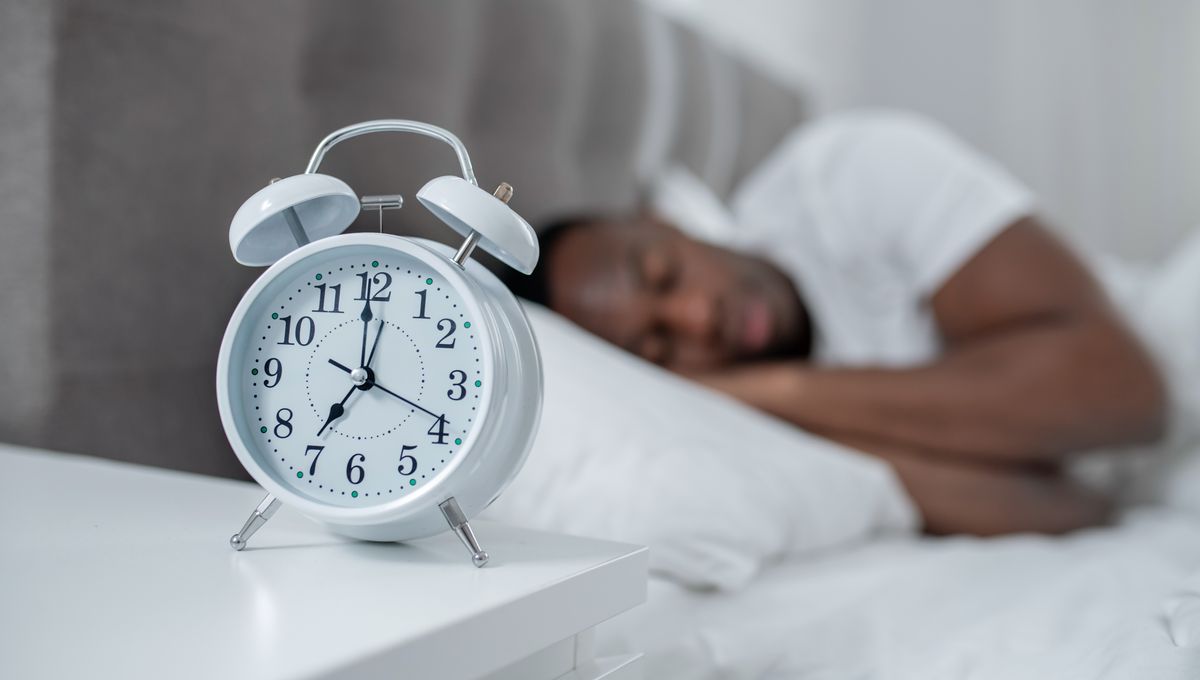Discover the secret to better sleep! Health authorities, like the National Heart, Lung, and Blood Institute (NHLBI) and the UK’s NHS, all agree that the first step to improving your “sleep hygiene” is to establish a consistent bedtime. Yes, that means going to bed at the same time every night, even on weekends and holidays.
Why is this so important? It’s all about your circadian rhythm, also known as your “body clock.” This internal timekeeper plays a crucial role in various aspects of human health. Disrupting it has been linked to a range of diseases and conditions.
But humans aren’t the only ones with a circadian rhythm. It exists in animals, plants, and even bacteria! In humans, the “clock” that regulates our rhythm is located in the suprachiasmatic nucleus (SCN) within the brain’s hypothalamus. It coordinates different circadian rhythms within our body, with the sleep-wake cycle being of particular interest.
So, how does it work? The SCN responds to light detected by the retina, signaling that it’s daytime and we should be awake. Melatonin production is suppressed during the day and increases in the evening as light levels decrease, preparing our body for sleep. The longer we’ve been awake, the stronger our sleep drive becomes, urging us to rest.
Of course, sleep-wake cycles vary throughout life. Babies need more sleep than the elderly, and many adolescents struggle to wake up early. This is why there’s been debate over early school starting times in some regions.
For most adults, the circadian rhythm and sleep drive work together to promote sleepiness in the evening. Establishing a consistent bedtime aligns with this natural cycle, rather than fighting against it. Ideally, combine your bedtime with a period of relaxation beforehand. Avoid the temptation to use your phone in bed and instead try reading a book, listening to relaxing music or a podcast, or practicing sleep meditation.
Of course, some people face challenges in maintaining a consistent bedtime, such as shift workers or those with young children. However, even for them, striving for routine and consistency can make a difference.
The NHLBI estimates that millions of Americans suffer from sleep disorders, and many don’t get enough sleep regularly. If you’re struggling with sleep, it’s always a good idea to consult your healthcare provider. But starting with a consistent bedtime routine could be a great first step towards a more restful night.








